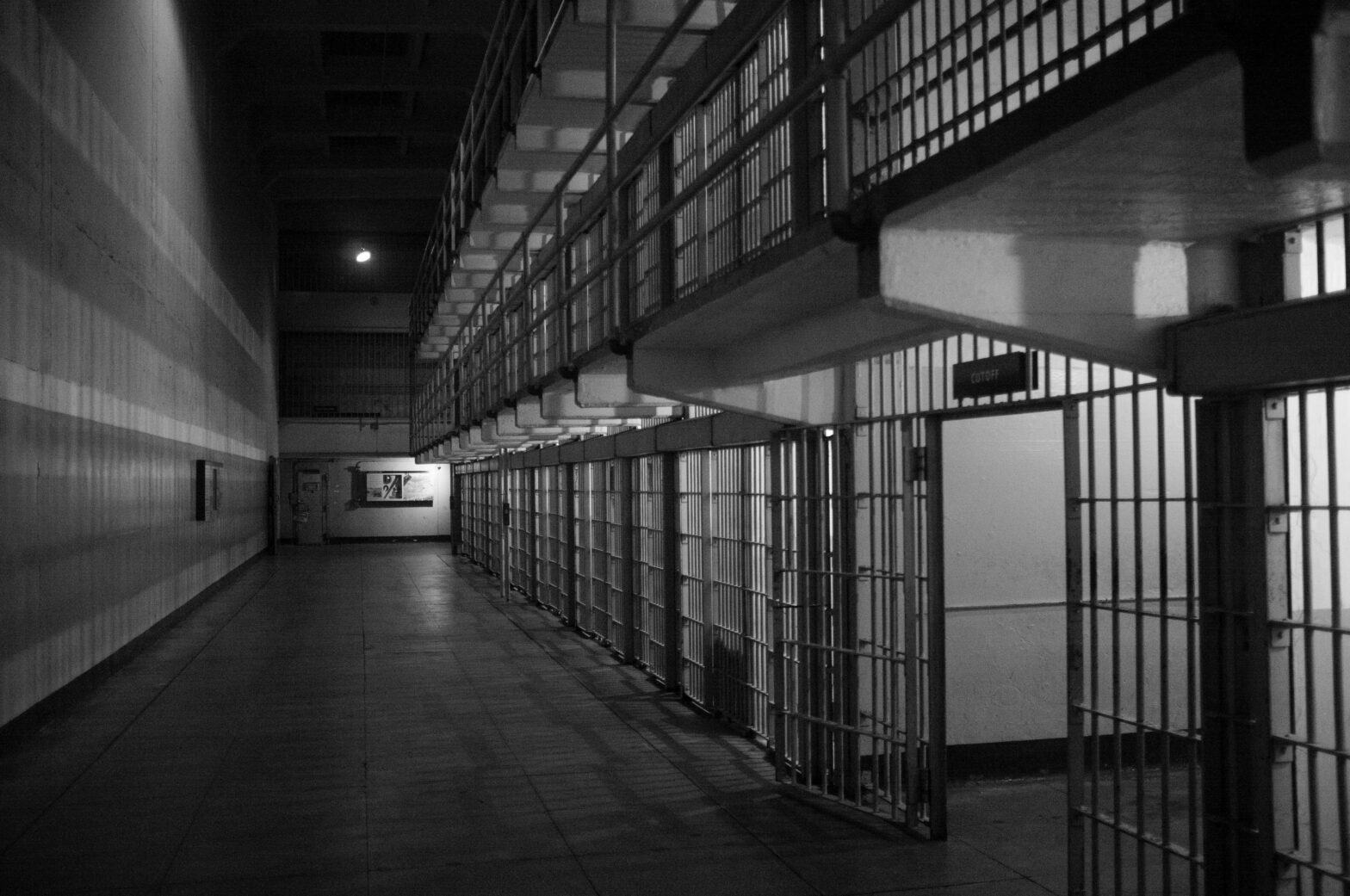Can I Get My Third Strike Conviction Reversed Due to Three Strikes Reform (Prop 36)? (Penal Code section 1170.126)
In November 2012, California voters approved Proposition 36, an initiative measure which reformed California’s 1994 Three Strikes law.

Under the old version of the Three Strikes law, a defendant with at least two prior serious or violent felony convictions (in other words, “strikes”) would have faced a mandatory minimum 25-years-to-life sentence for any new felony conviction, regardless of whether the newest felony was considered a strike or not.
Whether the newest felony is considered a strike depends on how the crime is classified after Proposition 36 went into effect on November 7, 2012.
The California Courts of Appeal recently denied resentencing to a multiple offender who had argued that, because his last felony was not considered a strike when he committed the crime, he should have been eligible to have his Three Strikes sentence reduced.
People v. Johnson (Case No. B249651, California Court of Appeal, May 23, 2014)
In 1998, a jury convicted Timothy Wayne Johnson of two counts of attempting to dissuade a witness, a felony pursuant to Penal Code section 136.1(a)(2). At the time Johnson committed these crimes, attempting to dissuade a witness was not defined as a strike.
Dissuading a witness became a strike as a result of the passage of Proposition 21, the Gang Violence and Juvenile Crime Prevention Act, effective March 8, 2000.
Because the jury found that Johnson had suffered prior strike convictions for robbery (Penal Code section 211), residential burglary (Penal Code section 459), and assault with a deadly weapon (Penal Code section 245), he received a sentence of 28 years-to-life as authorized by the Three Strikes law in effect in 1998.
Johnson petitioned for resentencing after Proposition 36 passed and was denied. His trial court said he was ineligible for resentencing because his latest felony, attempting to dissuade a witness, is a strike according to the newly reformed Three Strikes law.
Johnson appealed, arguing that because dissuading a witness was not defined as a strike when he committed his crimes in 1998, he is eligible for resentencing regardless of the fact that the offense was later added as a “serious” felony under Penal Code section 1192.7.
Johnson believed that the way California law defined dissuading a witness in 1998 should control the issue. His argument failed to persuade the three judge panel who heard his appeal.
How Did the Courts of Appeal Rule?
The court ruled that resentencing was available only to prisoners who last suffered conviction for “a felony or felonies that are not defined as serious and/or violent felonies” under the law as it is currently written. Resentencing depends on present tense construction of the law.
The court reasoned that because the defendant’s crime was listed as a strike on November 7, 2012 – the effective date of Three Strikes reform under Proposition 36 – he was ineligible for resentencing. What matters is how the crime is classified today, not how it was defined when it was committed.
According to the court, the fact that the defendant’s felony was added to the list of strikes after he had committed it was irrelevant, since this ultimately had no effect on his original sentencing in the first place.
The justices believed that when California voters passed Proposition 36, they could not have intended Johnson’s crime to have been less serious just because it had been committed at some point in the past. The law’s authors could have covered that contingency if they had wanted to, but chose otherwise, the Court decided.
The Courts of Appeal affirmed Johnson’s 28-year sentence, concluding that denial of his petition for resentencing did not violate any of his constitutional rights.
What Does 2012 Proposition 36 Do?
Proposition 36 redefines under what circumstances a court must impose a minimum 25-years-to life sentence for defendants convicted of a felony who have at least two previous strikes on their records. Additionally, changes in the law have become a pathway to early release for certain multiple strike prisoners, provided that their latest felony is not categorized as a strike.
The purpose of Proposition 36 was to correct unduly harsh sentences for non-serious, non-violent felony convictions.

Proposition 36 modifies felony sentencing for multi-strikers as follows:
- Revises the three strikes law to impose a mandatory minimum 25-years-to-life sentence only when a new felony is classified as either serious or violent;
- Continues to impose a life sentence penalty if the third strike conviction was for certain non-serious, non-violent sex or drug offenses or involved firearm possession;
- Maintains the life sentence penalty for felons with non-serious, non-violent third strikes if prior convictions were for rape, murder, or child molestation; and
- Authorizes resentencing for an offender currently serving a mandatory minimum 25 years-to-life sentence if his or her third strike conviction was neither serious nor violent and if the judge determines that resentencing does not pose unreasonable risk to public safety.
Proposition 36 was not intended to permit all third-strikers to become eligible for resentencing. The ballot measure specifically informed voters that the law would prevent truly dangerous criminals from being released early due to prison overcrowding.
The law was written in a way to reassure voters that there would be enough room in the state’s prisons to keep dangerous criminals incarcerated after the U.S. Supreme Court mandated reductions in California’s prison population.
Accordingly, resentencing is not universally available to every prisoner serving a life sentence based on a third felony conviction. However, for a life prisoner who meets all of the above criteria, he or she may petition for resentencing.
If granted, resentencing under California’s latest version of the Three Strikes law can lead to an early release from custody.
Contact Wallin & Klarich About Petitioning for Resentencing Under 2012 Proposition 36
If you or someone in your family is a life prisoner and believe you have a good case for resentencing under California’s reformed Three Strikes Law, we recommend that you contact our experienced post-conviction relief attorneys at Wallin & Klarich to learn how we can help you petition the courts for a resentencing hearing.
Our team of post-conviction relief attorneys at Wallin & Klarich have been successful petitioning the courts on behalf of eligible clients for over 40 years. We may be able to negotiate for a restructured sentence that could lead to early release for a prisoner serving a life term.
With offices in Los Angeles, Sherman Oaks, Torrance, Tustin, San Diego, Riverside, San Bernardino, Ventura, West Covina and Victorville, our experienced post-conviction relief attorneys at Wallin & Klarich are available 24 hours a day, 7 days a week to provide you and your family with the very best legal representation. We are dedicated to helping you receive the best possible result in your case.
Call us today at (877) 4-NO-JAIL or (877) 466-5245 for a free telephone consultation. We will get through this together.



